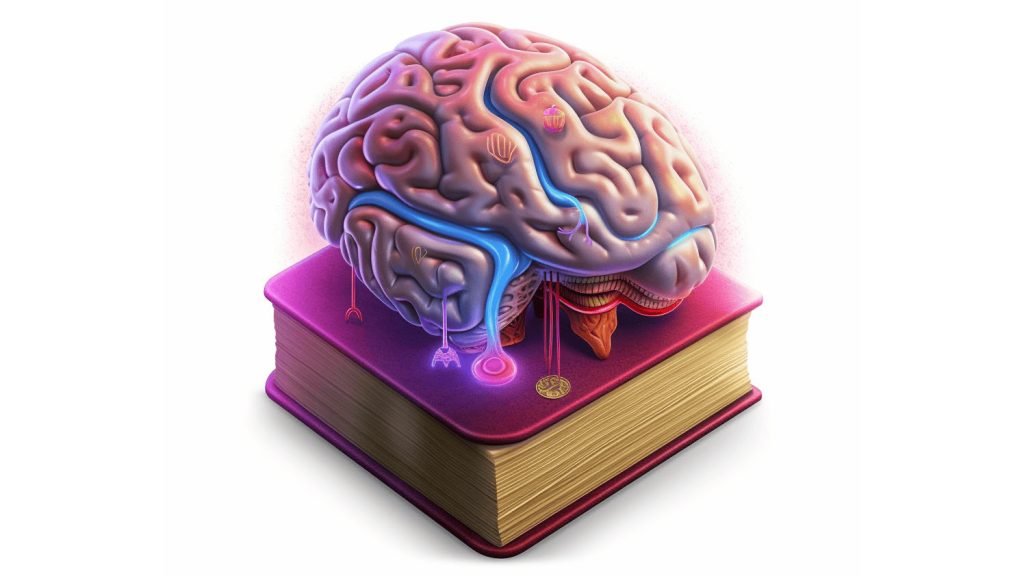Post-Surgery Recovery: Navigating the Road to Wellness

The journey to wellness doesn’t end with brain tumor surgery – it’s just the beginning. The post-surgery recovery phase is a critical time where your body heals and you regain strength. In this article, we’ll guide you through the process of recovering after brain tumor surgery, addressing potential challenges, expected timelines, and offering practical advice on pain management, nutrition, and rehabilitation exercises.
Understanding the Recovery Process
After brain tumor surgery, your body needs time to heal. The recovery process is unique to each individual, but there are general phases and expectations to keep in mind:
- Immediate Recovery: Right after surgery, you’ll spend some time in the hospital’s recovery unit. Your medical team will closely monitor your vital signs and ensure that you’re stable.
- Hospital Stay: The length of your hospital stay depends on the extent of the surgery and your overall health. It could range from a few days to a couple of weeks.
- Initial Healing: In the weeks following your discharge, your body will focus on healing the surgical site. You might experience fatigue, headaches, and mild discomfort during this time.
- Rehabilitation: As you regain strength, your medical team may recommend physical therapy, occupational therapy, and speech therapy if needed.
Challenges and Timelines
While every recovery journey is different, here are some common challenges and their expected timelines:
- Pain and Discomfort: Pain around the surgical site is normal and can be managed with prescribed medications. It typically decreases within a few weeks.
- Fatigue: Feeling tired is common and might persist for a few weeks to months. Listen to your body and rest when needed.
- Mobility and Strength: Regaining mobility and strength might take a few months. Follow your healthcare provider’s recommendations for rehabilitation exercises.
- Cognitive Changes: Some patients experience temporary cognitive changes, which can include difficulty concentrating or remembering. These usually improve over time.
Managing Pain, Nutrition, and Rehabilitation
- Pain Management: Take prescribed pain medications as directed. If you’re concerned about addiction, discuss it with your doctor. Gradually reduce medication as your pain lessens.
- Nutrition: A balanced diet rich in nutrients supports your healing process. Focus on lean proteins, fruits, vegetables, whole grains, and stay hydrated.
- Rehabilitation Exercises: Work closely with your physical and occupational therapists. Start with gentle exercises and gradually increase intensity as you regain strength.
- Rest and Sleep: Prioritize quality sleep, as it aids in the healing process. Create a comfortable sleep environment and establish a consistent sleep schedule.
- Mental Well-being: Stay connected with your support network and consider counseling if you’re experiencing anxiety or mood changes.
Conclusion
Post-brain tumor surgery recovery demands patience and dedication. While challenges may arise, remember that every step you take brings you closer to wellness. Follow your medical team’s advice, listen to your body, and stay positive. With time, proper care, and a strong support system, you’ll overcome obstacles and achieve a healthier, more vibrant future.

Leave a Reply